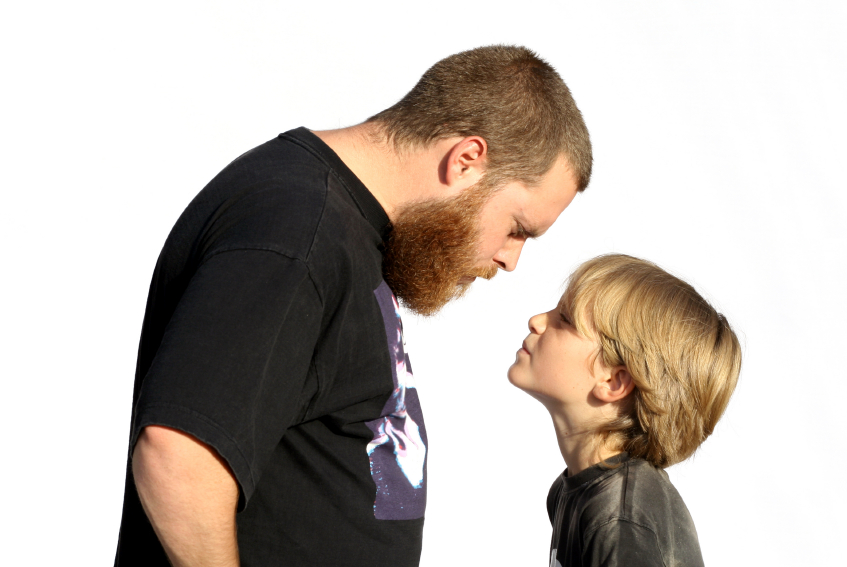
5 Ways to Beat the Winter Blues
Why we feel down at the end of the year and what we can do about it. The holidays are painted to be a time of love and cheer, but for many people, the winter months and the close of another year can be tough. The gloomy weather can wear on us. Family visits can… Read more »
Learn More










